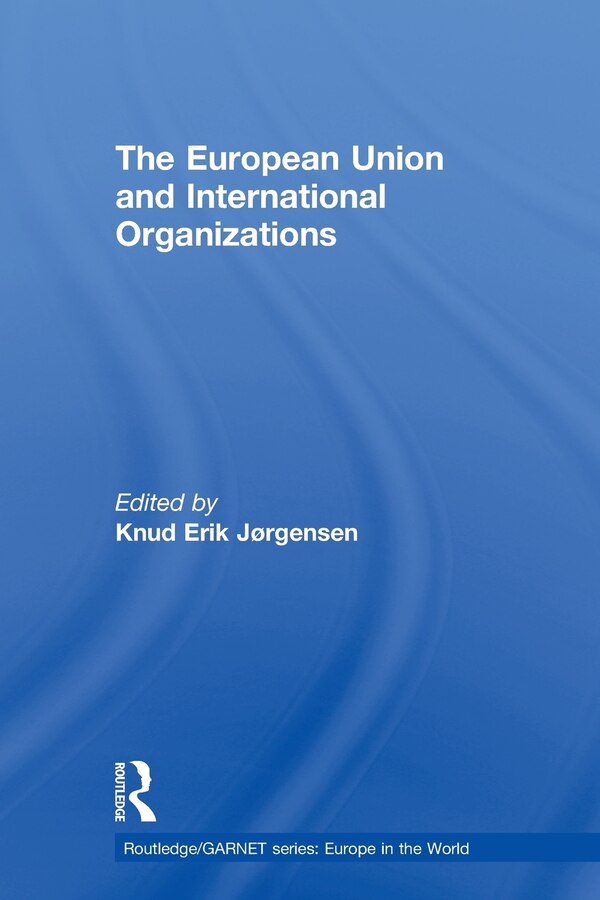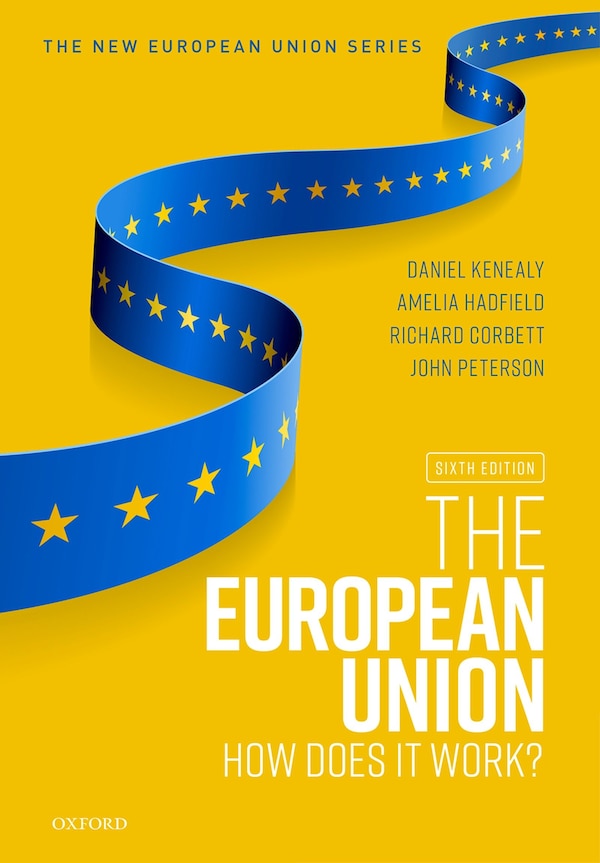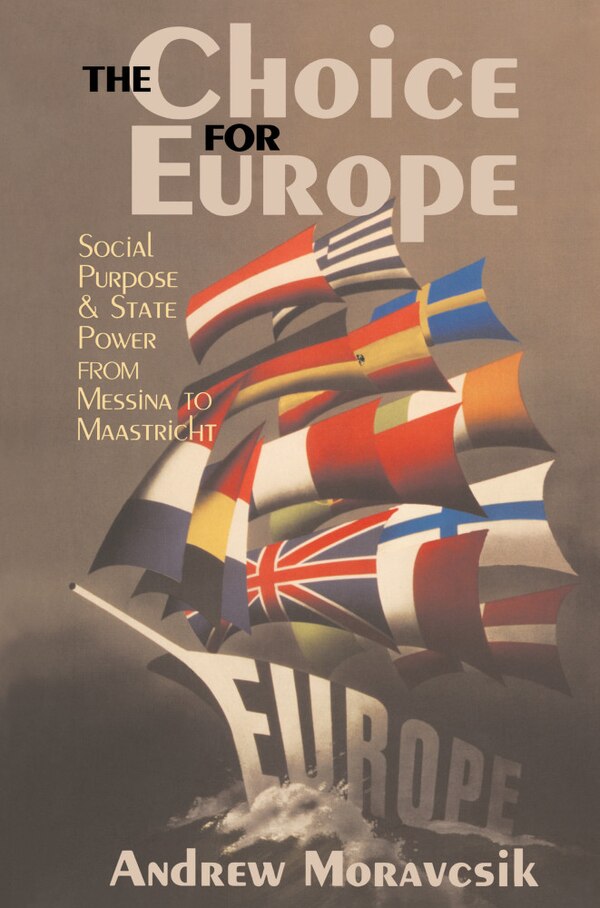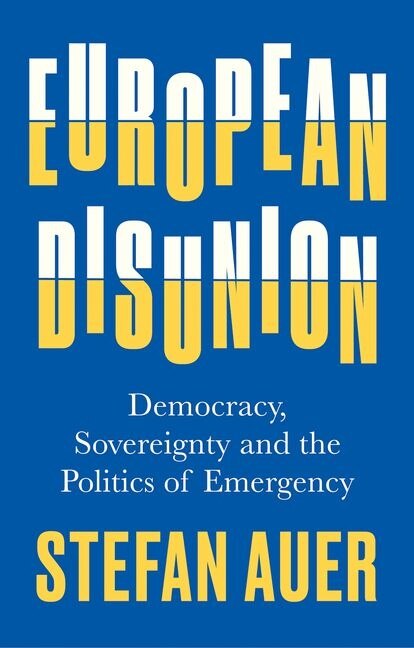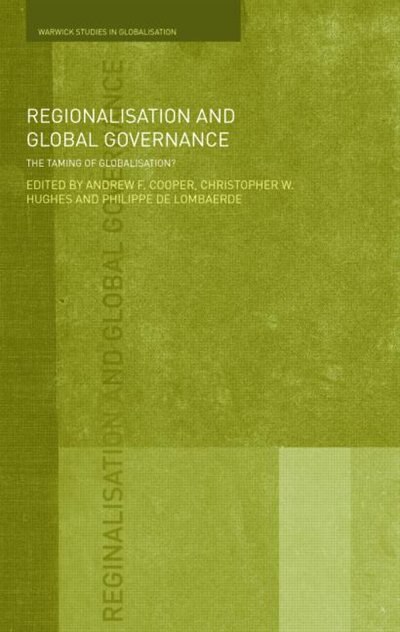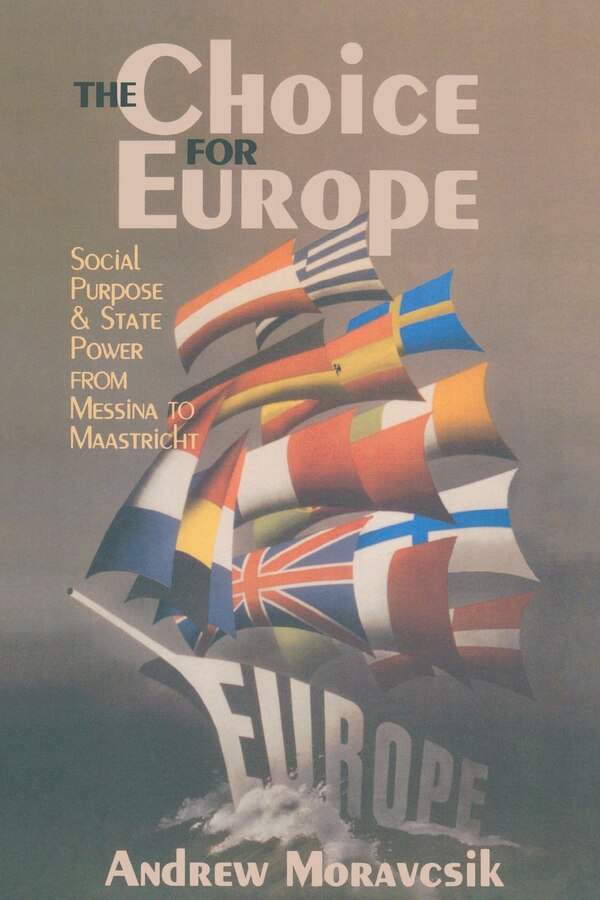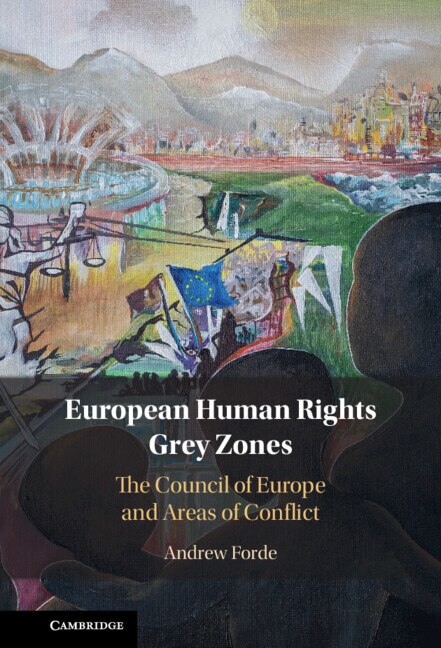
Compare The Coordination Of The European Union by Andrew Jordan, Hardcover | Indigo Chapters
Andrew Jordan
$149.50
All policy systems are struggling to respond to wicked policy problems like international terrorism, drug crime and unsustainable development, none more so than the European Union (EU) which is renowned for its fluidity, deeply sectorized structures and weak political leadership. As thetraditional mode of coordinating - essentially issuing regulation - no longer commands sufficient political support, the EU has turned to what are increasingly termed soft or 'new' modes of governance, which rely upon different actors working together in relatively non-hierarchical networks. Newmodes of governance are in vogue because they appear to provide the EU with a new way to add value to national level activities without the slow and process of agreeing new legislation or the cost associated with building new administrative capacities in Brussels. This analysis provides the first book-length account of how effective network-based modes are at addressing problems that simultaneously demand greater levels of horizontal and vertical coordination. Taking, as an example, the thirty year struggle to build environmental thinking into all areas andlevels of EU policy making, it systematically explores the steps that two major EU institutions (the European Commission and the European Parliament), and three member states (Germany, the Netherlands and the UK) have (not) taken to build effective networked governance. By blending state of the art theories with new empirical findings, it offers a stark reminder that networked governance is not and has never been a panacea. Coordinating networks do not spontaneously 'self organise' in the EU; they have to be carefully designed as part of a repertoire of differentcoordinating instruments. The book concludes that the EU urgently needs to devote more of its time to the more mundane but important task of auditing and managing network, which, paradoxically, is an exercise in hierarchy. In so doing, this book helps to strip away some of the rhetorical claimsmade about the novelty and appeal of new modes, to reveal a much more sober and realistic appraisal of their coordinating potential. | The Coordination Of The European Union by Andrew Jordan, Hardcover | Indigo Chapters





